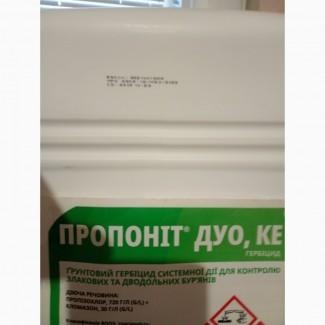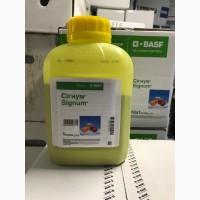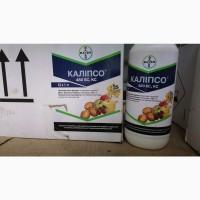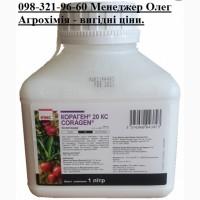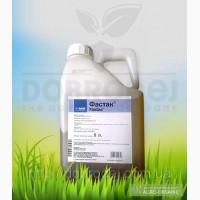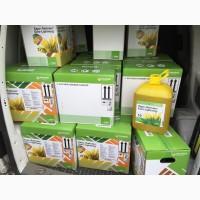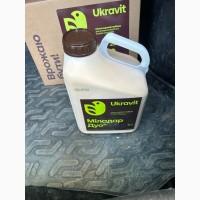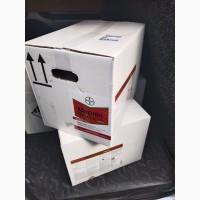/ Fertilizers and plant protection products / Herbicides / Proponit Duo - soil herbicide of systemic action...
For sale / buy
Proponit Duo - soil herbicide of systemic action against weeds in rapeseed crops, Kyiv region.
Price7.25$
Region:all of Ukraine,
Kyiv region region.
(Vyshhorodok)
Updated:
Proponit® Duo is a soil herbicide of systemic action onrape.
Active substance: propisochlor 720 g/l, clomazon 30 g/l,
Preparative form: KE (emulsion concentrate)
Manufacturer: Arysta LifeScience
Package: 20 l canister. the price is indicated for 1 liter.
Advantages:
*Highly effective drug for combating annual cereal and problematic dicot weeds.
*High efficiency of action
*Wide range of controlled weeds
*Optimal synergistic combination of two active substances
*Long-lasting protective effect
*No restrictions on crop rotation
Recommendations for use:
(//tractor-service.com)
Winter rapeseed Spring rapeseed
Harmful object: annual grass weeds
annual dicotyledonous weeds
Method, processing time, limitations:
Consumption rates: 2.0 - 3.0 l / ha
The maximum number of treatments: 1
Norms for the use of working solution min/max: 2.0 - 3.0 l / ha
Toxicity: Absence of visual manifestations of phytotoxicity in rapeseed.
Mechanism of action:
Propisochlor penetrates into the root system of weeds and inhibits cell division and protein synthesis. Shows high efficiency regardless of weather conditions.
Clomazon is easily absorbed by roots and sprouting shoots (coleoptile of cereals and hypocotyl of dicotyledonous plants). Penetrating into the plant, clomazon moves acropetally and inhibits the process of chlorophyll and carotene formation, which causes the cessation of photosynthesis and the rapid death of weeds.
2 active substances of Proponit® Duo herbicide belong to two different chemical classes, which minimizes the risk of resistance of certain weed biotypes to widely usedherbicides in rapeseed crops.
Propisochlor controls all major annual grass weeds, including species problematic for other active ingredients, as well as important dicot weeds. Thanks to the well-chosen concentration of clomazone in the preparation form of Proponit® Duo herbicide, it does not cause the characteristic whitening of the edges of the first pair of leaves in rapeseed and is characterized by high selectivity to the culture.
Features of use: The drug does not need to be worked into the soil.
Active substance: propisochlor 720 g/l, clomazon 30 g/l,
Preparative form: KE (emulsion concentrate)
Manufacturer: Arysta LifeScience
Package: 20 l canister. the price is indicated for 1 liter.
Advantages:
*Highly effective drug for combating annual cereal and problematic dicot weeds.
*High efficiency of action
*Wide range of controlled weeds
*Optimal synergistic combination of two active substances
*Long-lasting protective effect
*No restrictions on crop rotation
Recommendations for use:
(//tractor-service.com)
Winter rapeseed Spring rapeseed
Harmful object: annual grass weeds
annual dicotyledonous weeds
Method, processing time, limitations:
Consumption rates: 2.0 - 3.0 l / ha
The maximum number of treatments: 1
Norms for the use of working solution min/max: 2.0 - 3.0 l / ha
Toxicity: Absence of visual manifestations of phytotoxicity in rapeseed.
Mechanism of action:
Propisochlor penetrates into the root system of weeds and inhibits cell division and protein synthesis. Shows high efficiency regardless of weather conditions.
Clomazon is easily absorbed by roots and sprouting shoots (coleoptile of cereals and hypocotyl of dicotyledonous plants). Penetrating into the plant, clomazon moves acropetally and inhibits the process of chlorophyll and carotene formation, which causes the cessation of photosynthesis and the rapid death of weeds.
2 active substances of Proponit® Duo herbicide belong to two different chemical classes, which minimizes the risk of resistance of certain weed biotypes to widely usedherbicides in rapeseed crops.
Propisochlor controls all major annual grass weeds, including species problematic for other active ingredients, as well as important dicot weeds. Thanks to the well-chosen concentration of clomazone in the preparation form of Proponit® Duo herbicide, it does not cause the characteristic whitening of the edges of the first pair of leaves in rapeseed and is characterized by high selectivity to the culture.
Features of use: The drug does not need to be worked into the soil.
|
Shop, contacts | |
Yuriy / reviews, info. / evaluation of activity | |
|
Phone:
+38(xxxxxx
show
| |
All ads user ~1000 | |
Ad ID: #952755
(added by registered user, registration date: 2016-08-10)
Added / Updated: 10-15-2025 09:11 (current, until: 10-15-2026)
Permanent Ad Address:
Impressions / views for today: ?, total: ?
Similar ads
There are many interesting ones among them...
